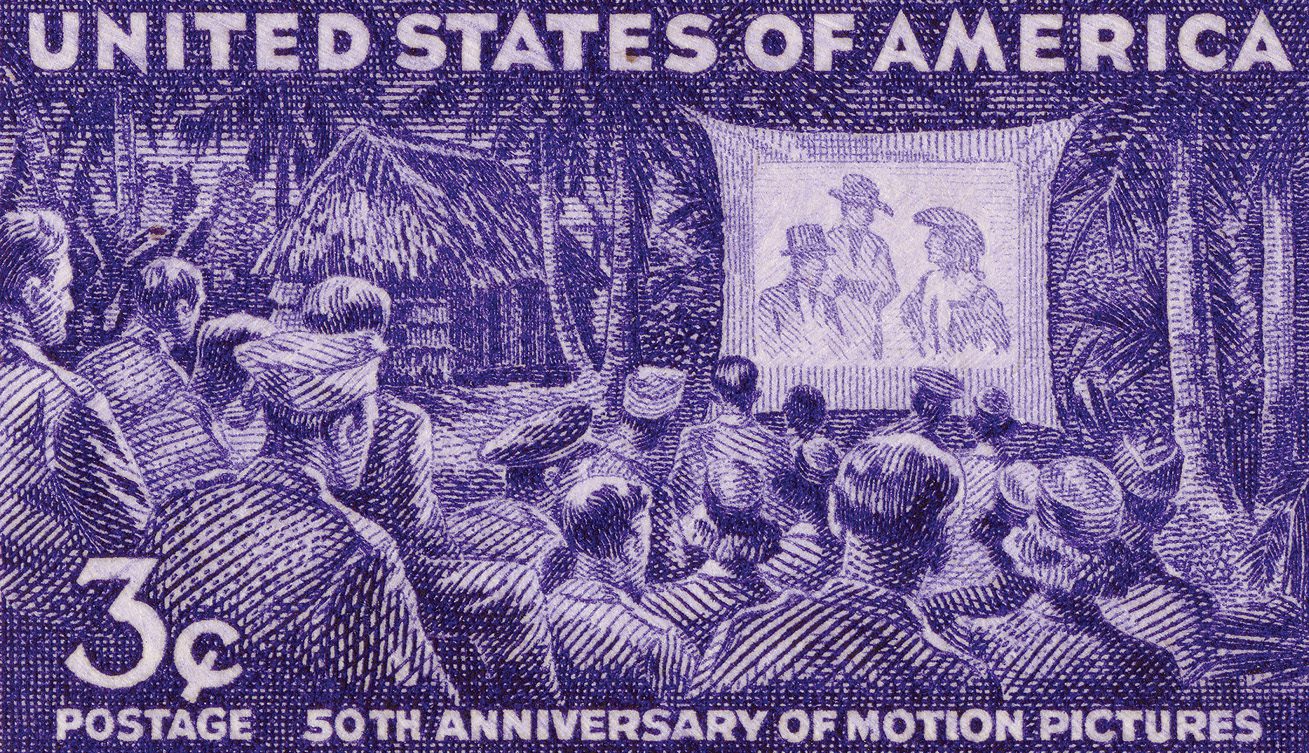American Radio Relay League Saves Lives
On March 28, 1964, amateur radio operators provided essential emergency communications in the wake of a devastating earthquake in Alaska.

On March 28, 1964, amateur radio operators provided essential emergency communications in the wake of a devastating earthquake in Alaska.

On March 21, 1826, the Rensselaer School was incorporated in Troy, New York. Later named the Rensselaer Polytechnic Institute, it’s considered the oldest continuously operating technological college in America and the English-speaking world.

On March 7, 1876, Alexander Graham Bell received the patent for the telephone. Three days later, Bell transmitted the first recognizable words over a telephone line.

On January 21, 1954, the USS Nautilus, the world’s first operational nuclear-powered submarine, was launched. It would quickly break all speed and distance records and mark the start of a new age of underwater travel.

On January 7, 1927, men in New York and London staged the first official telephone call across the Atlantic Ocean. Using radio waves, it made instant communication across the ocean a reality, paving the way for our modern communication systems.

Eli Whitney was born on December 8, 1765, in Westborough, Province of Massachusetts Bay. Most well-known for his invention of the cotton gin, he was also pioneer in mass production.

On October 22, 1977, the New River Gorge Bridge opened to motorists in West Virginia. The longest single-span arch bridge and highest roadway bridge in the world at the time of its completion, it cut a treacherous 45 minute drive down to just one minute.

Adding to his long list of inventions, Thomas Edison tested his first motion picture film on October 6, 1889.

On September 8, 1966, the first episode of Star Trek premiered on television. While the original series only lasted three seasons, it developed a cult following, leading to movies, several new series, comics, games, and more.